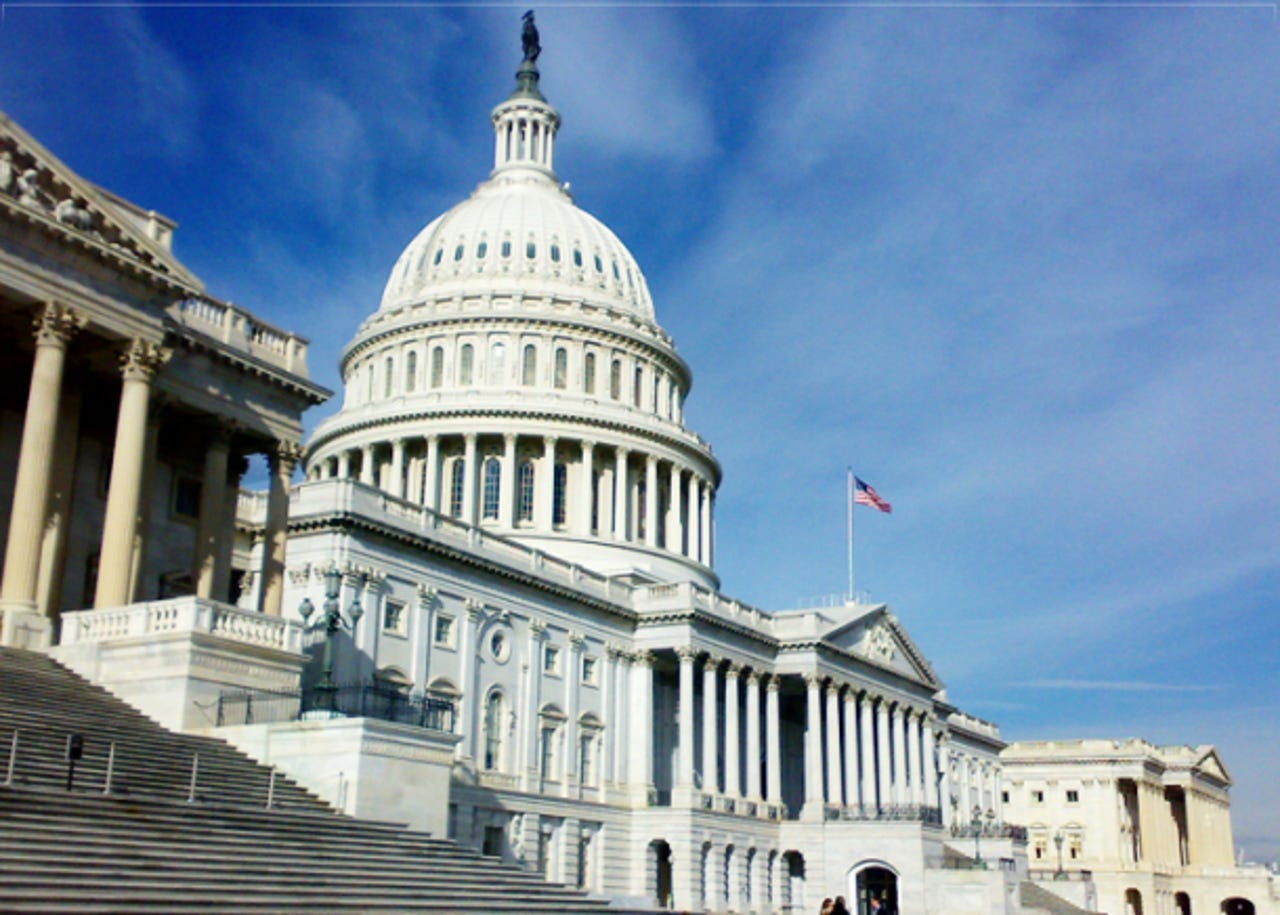Justice Dept. to Congress: We want greater email, Facebook, Twitter snooping powers

While revamping and amending existing email privacy laws will be at the top of the agenda later today in a US House committee hearing, the US government will argue that in fact it needs even more surveillance powers over citizens' online data.

The US Justice Department will tell the committee later today that it needs greater provisions to access email data, along with private messages sent between Facebook and Twitter users, according to sister site CNET.
This comes as the US House Judiciary Committee will open discussions up to updating an outdated 1986 email privacy law into the modern age in an attempt to give citizens greater protection from such government surveillance.
Over the course of the hearings, representatives from the Justice Department, Web giants such as Google, and law experts, will give testimony in order to determine whether privacy laws more than 25 years old are offering sufficient protection in the modern digital age, The Hill reports.
Currently under the Electronic Communications Privacy Act (ECPA), only a subpoena signed by a US prosecutor is needed to compel email providers into handing over emails that are over 180 days old. However, if US authorities wish to read email less than 180 days old, a court-ordered warrant is required.
The concerns are that most inboxes nowadays are able to hold a near unlimited amount of data spanning the course of many years, compared to the mere megabytes on 1986-based servers. Civil liberties and privacy groups have argued for years that the act is archaic and can be abused by law enforcement.
Enter the Online Communications and Geolocation Protection Act (OCGPA) — a draft bill co-sponsored by Rep. Zoe Lofgren (D-CA), Rep. Ted Poe (R-TX) and Rep. Suzan DelBene (D-WA). OCGPA is designed to amend the 1986 email privacy law to not only expand the email privacy protection for ordinary citizens, but also to take into account geolocation data by protecting citizens from warrantless cellphone tracking.
If passed, it will also require that a warrant must be served by a court if US authorities want to acquire any electronic communication that a person may possess, including geolocation data that may show where you have physically been.
This would significantly expand the fence around the digital lives that the vast majority of US residents and citizens have from outdated laws that require only subpoenas, which in many cases are too wide in scope and have little judicial oversight.
But the Justice Dept.'s stance should not come as much of a surprise considering recent history.
In 2011, Sen. Patrick Leahy (D-VT) proposed a bill, dubbed the Electronic Communications Privacy Act (ECPA) Amendments Act — similar then to how OCGPA stands now — which would have significantly increased US citizens' email privacy. It did not however take into account provisions relating to gelocation data.
But it was quietly rewritten and its entire purpose flipped completely around after a number of US government agencies complained that it would make it more difficult to bring criminal cases against individuals.
The rewritten bill instead would have allowed close to two-dozen US federal agencies to access email, cloud-stored files such as those in Google Docs, and private Facebook and Twitter messages without a search warrant.
Leahy pulled support for his own bill only hours after reports emerged of the controversial changes, who then washed his hands of the bill that had spun out of control.
However, in spite of a bevy of proposed changes to existing laws, cloud service providers under the umbrella of the 1986 law — such as Microsoft, Google, Facebook and others — said they still require court-ordered warrants before they will hand over private data to US authorities.
Google also recently reaffirmed that it will only give email content to the federal authorities if they are in receipt of a court order, although the company will provide limited details if it receives a subpoena.